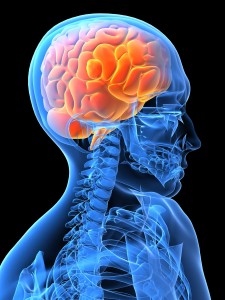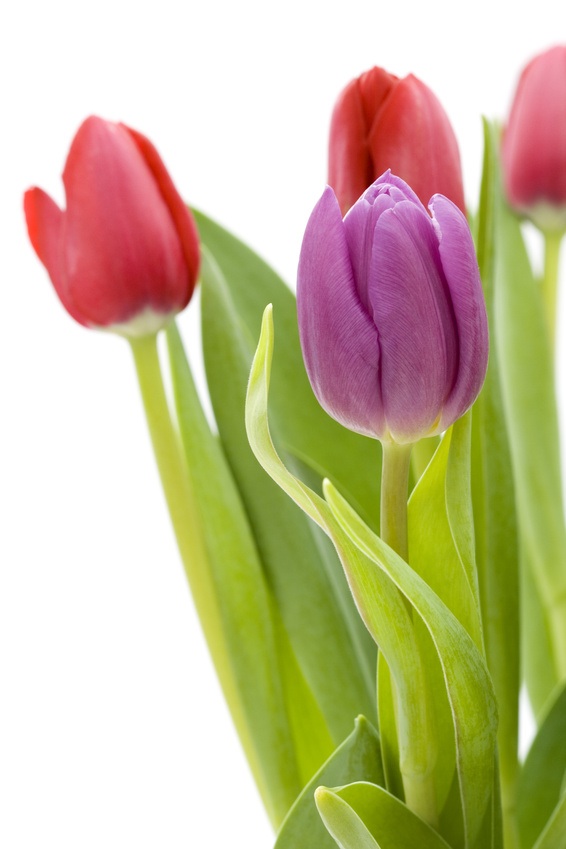Yesterday I had the chance to attend Daniel Goleman’s presentation at the IMD in Lausanne. The room was full and people were attentively listening to what was entitled: “How can Global Leaders focus for High Performance”. I had never seen Goleman live before and I must say that it was a very interesting and enriching conference!
Firstly, did you know for example that when somebody says something that hurts you or when you simply receive an email that annoys you, your full bodily reaction is activated (stress hormones being released, muscles ready to run etc.) exactly as if you were fleeing from a predator like in ancient times? The simple thought of a negative event can in fact already trigger that reaction…
Secondly, were you aware that there are three different kinds of empathy[1]?
- Cognitive Empathy (understanding the mental models of people)
- Emotional Empathy (coming from the mirror neurons, feeling physically what another person is feeling)
- Empathic Concern (you not only feel with the person and understand her/him but you are also inclined to help)
Thirdly, also interesting, were Goleman’s explanations around what differentiates a top leader from a “mainstream” one. Not astonishingly, three areas of focus[2] are needed:
- Inner Focus (understand, manage and lead yourself)
- Focus on other people (i.e. empathy, to be able to understand what other people are thinking, feeling, how to communicate with others etc.)
- Focus on other systems (the surrounding parameters, the forces that impact an organization)
Once all three are combined, leaders excel in their tasks and are also perceived by peers and employees to be thriving.
And finally, to my surprise, Goleman even brought a simple mindfulness exercise to the audience, who sat in silence for a while, listening to his voice giving the instructions. What an inspiring moment!
Mindfulness according to him is “fitness for the brain”, training attention and focus. The more it is done, the more the brain changes the way it operates and reacts to stimuli and the better one will also be able to “listen” to the info coming from the gut (the somatic markers).
Bringing mindfulness into the workplace using different formats and tools to deal with difference, furthering not only internal communications, innovation and creativity but also self-awareness and efficiency in teams is what I am focusing on as a consultant/coach/trainer. If you are interested in learning more, I would be very pleased to hear from you!
And to end with a really nice old eskimo proverb that my mindfulness teacher brought to my attention yesterday and that I found back here:
Yesterday is ashes; tomorrow is wood. Only today does the fire burn brightly









